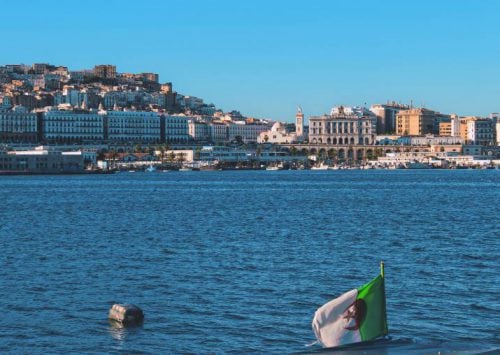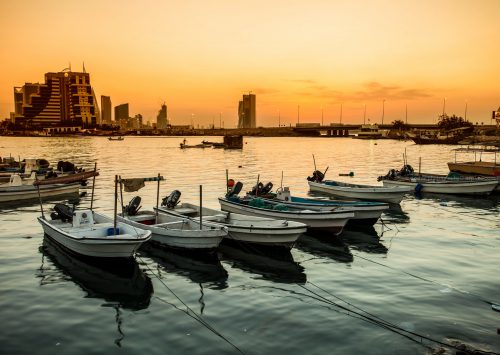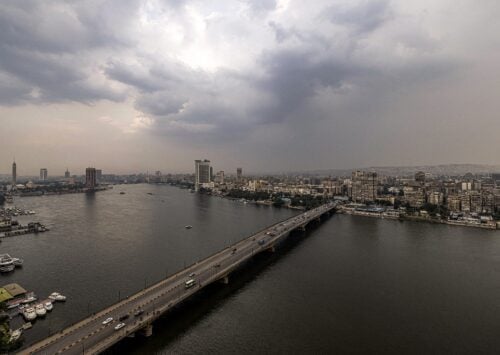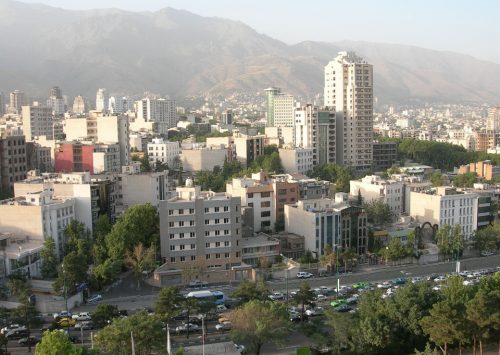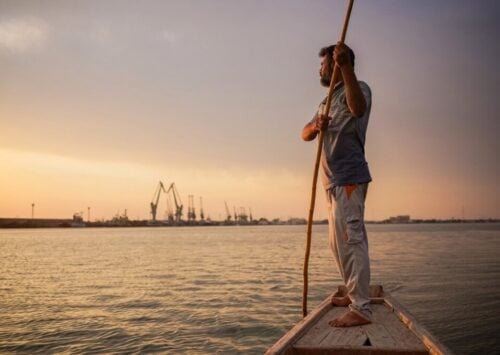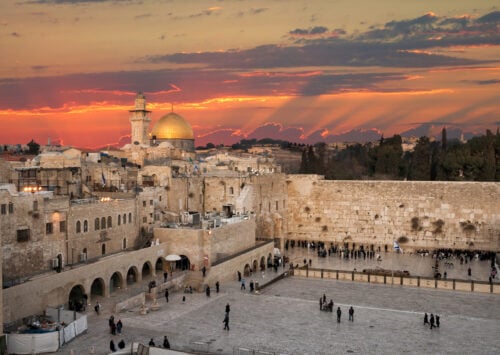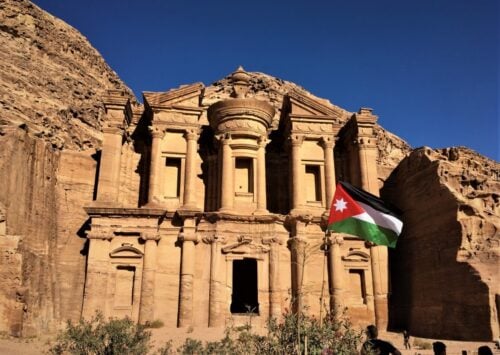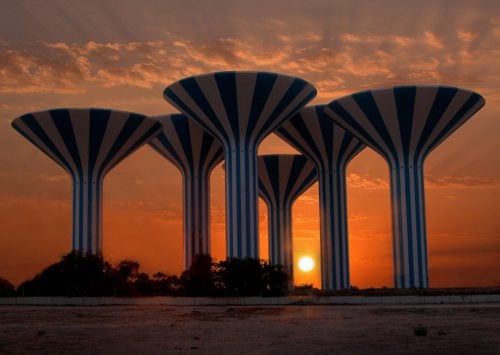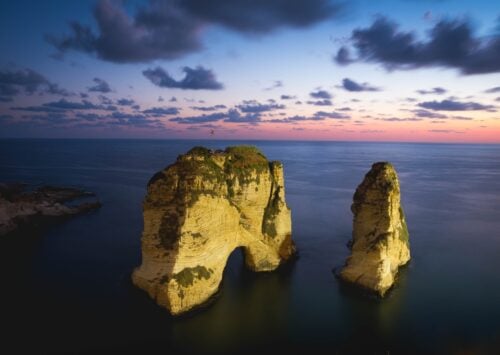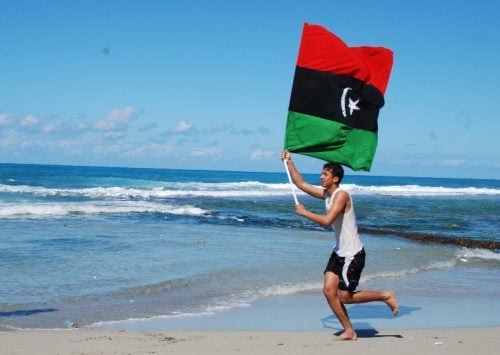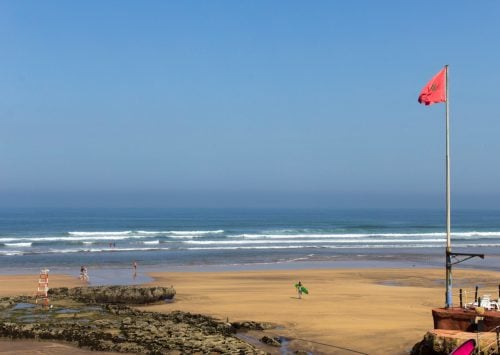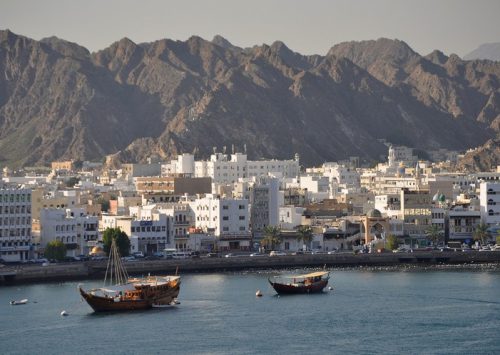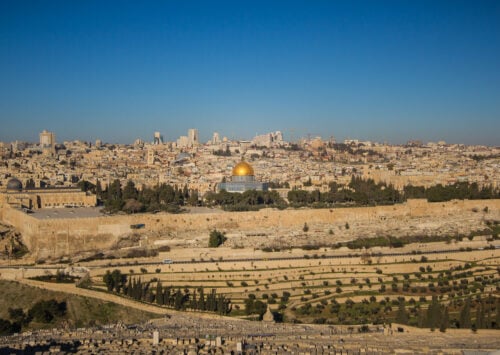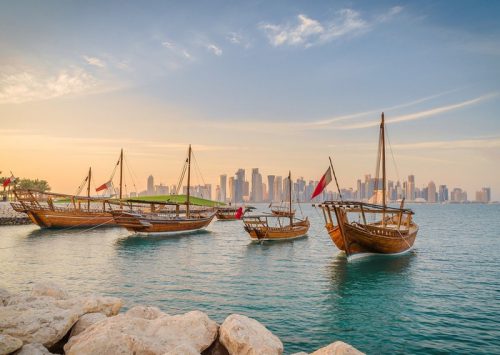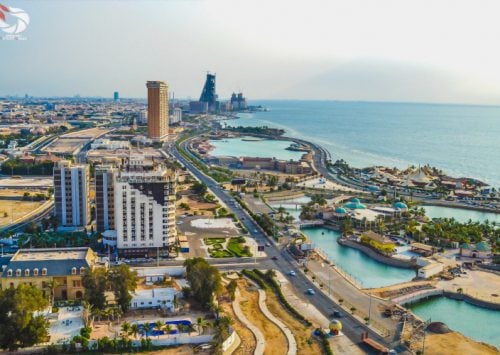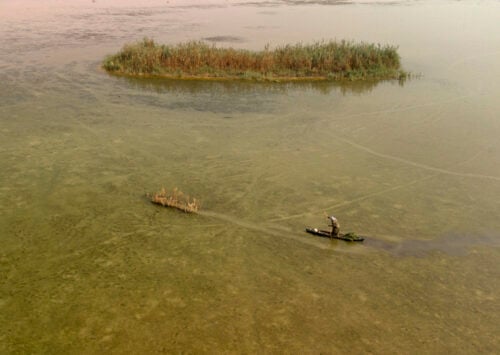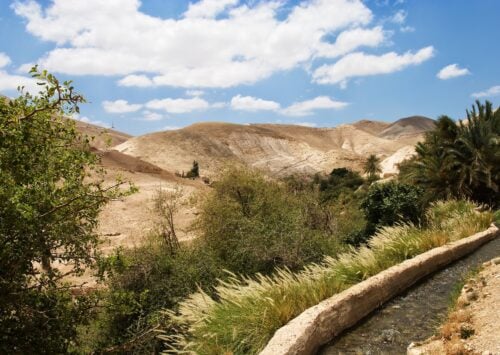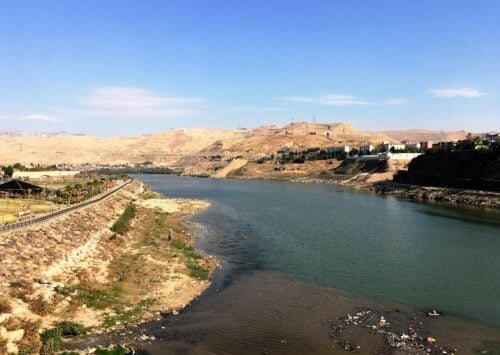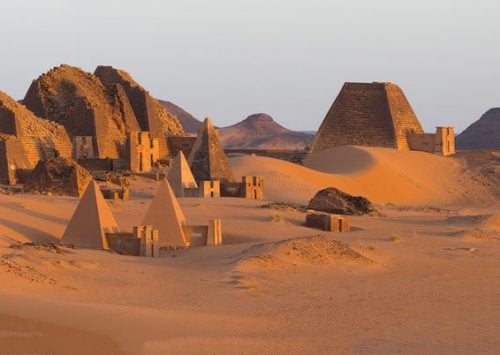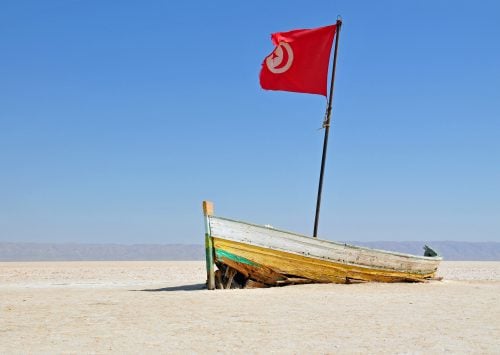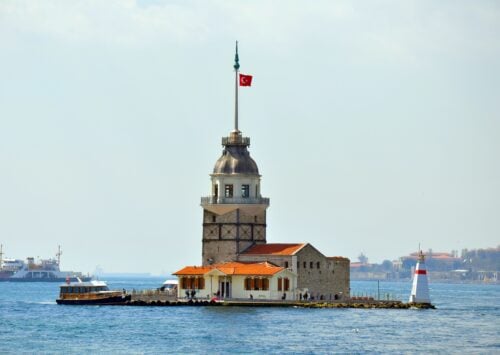Country Reports
Country Reports make the complex issue of water resources in the MENA region accessible to a wide readership. These reports are enriched with maps and infographics on surface and groundwater, water quality, and water use, shared waters as well as the analysis of efforts to improve water management and governance systems. The reports are authored and reviewed by water experts with extensive knowledge of a specific country. In order to ensure quality and objectivity, all our reports are peer-reviewed by independent experts as well. With the interactive map below you can navigate to a country report of your choice.
All Country Reports
Currently we have published 21 country reports for Jordan, Israel, Palestine, Lebanon, Turkey, Iran, Iraq, Sudan, UAE, Oman, Egypt, Syria, Libya, Morocco Algeria, Tunisia, Bahrain, Yemen, Kuwait, Qatar and Saudi-Arabia. You can navigate to the country report of your choice in the list below. We try to update the reports regularly.

